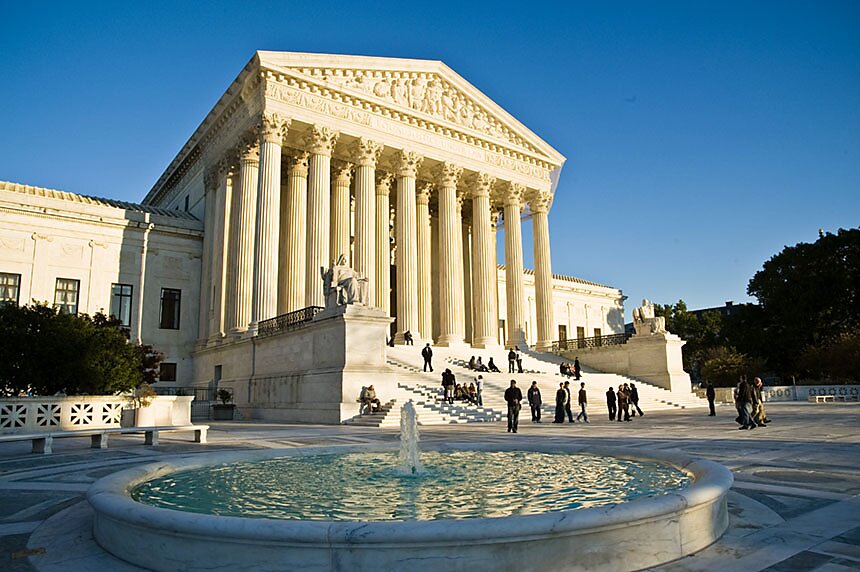It’s rare that trade wonks feel compelled to weigh in on a case before the US Supreme Court, but October 24 was one of those times. That was the deadline for amicus briefs in Trump v. V.O.S. Selections, Inc./Learning Resources, Inc. v. Trump, which features not only profound legal questions about the scope of executive power—in particular whether the president can single-handedly rewrite the entire US tariff code on a whim—but also a line of defense from the government that any trade expert would view as bizarrely inaccurate.
In particular, President Trump and his administration have made fantastical claims in both legal filings and in public about supposed calamities that would befall the nation’s economy and foreign policy if the Court were to strike down the president’s ability to impose tariffs under the International Emergency Economic Powers Act (IEEPA). As my Cato colleagues Colin Grabow, Clark Packard, and I explain in our brief, the administration’s claims—including that an adverse decision would bring about another “1929-style” depression, bankrupt the US government, and leave the United States at the mercy of foreign adversaries—are groundless. Yet we worried that their repeated utterance—and a lack of correction from people who know better—risked shifting the Court’s attention away from the legal arguments that should dictate the cases’ outcome, misinforming the Court about the IEEPA tariffs’ effects, and manufacturing public outrage in response to a Court ruling against them.
So, we felt compelled to respond in an official amicus filing.
As we explain in the brief, the government’s policy claims are not only inaccurate but also ridiculous. Our arguments—citing decades of US trade policy and history and reams of economic analysis—show that the president’s ability to impose tariffs under IEEPA is, contrary to the government’s assertions, not essential for 1) negotiating and finalizing trade agreements; 2) imposing so-called “reciprocal” tariffs; 3) conducting US foreign policy; 4) reversing the nation’s fiscal trajectory; 5) preventing a US economic collapse; 6) blocking retaliation by foreign governments against US trade and investment; or 7) restoring American manufacturing and the defense industrial base. We also explain that, again contrary to the government’s claims, 8) IEEPA tariff refunds need not be administratively difficult; 9) the government would not be obligated to repay foreign investment commitments; and 10) the IEEPA tariffs are rewriting US trade law without Congress.
In the coming days, and ahead of the oral arguments on November 5, we’ll publish written and multimedia content elaborating on each of these points, so stay tuned. In the meantime, however, you can read our entire brief here. And, of course, be sure to check out the amicus brief separately filed by Cato’s Center for Constitutional Studies and the economist brief signed by several Cato scholars.


